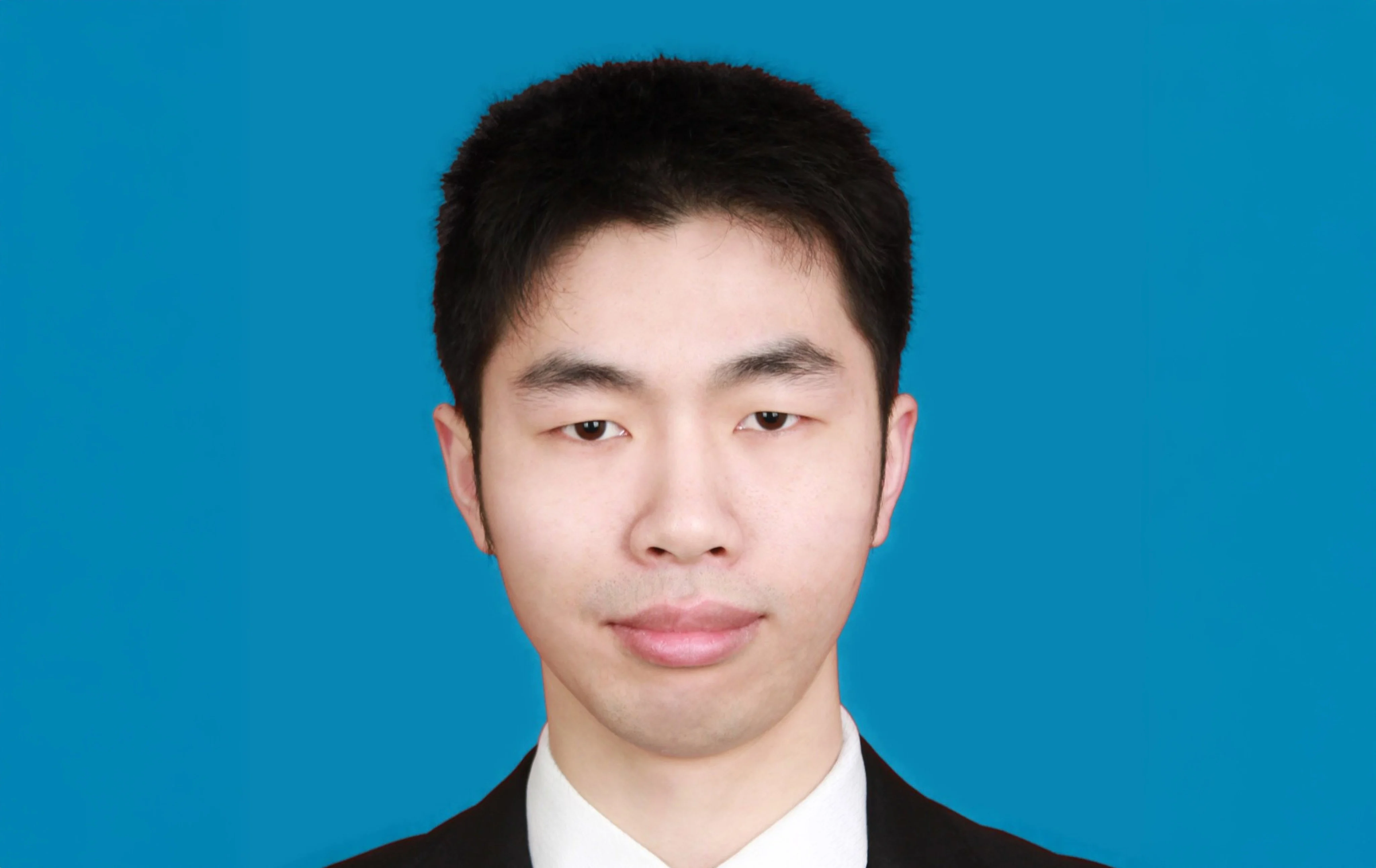Copyright scmp

Academics and students have paid tribute to Liu Haolin, a leading computer scientist who died at the age of 37 after a sudden illness. An obituary published online said that Liu, a professor at Xiangtan University in the central province of Hunan, had died in a hospital in Changsha on Saturday. The obituary added that a memorial ceremony had been held the following day in the neighbouring city of Ningxiang. His university also published its own obituary and changed his profile picture on its website to black and white. Liu’s research focused on edge intelligence – a technology that allows devices to process and analyse data in real time and reduces reliance on cloud resources – computing power networks, smart networks and privacy. These areas are particularly important given the rise of artificial intelligence, as is another one of his specialisms, resource allocation, which plays a key role in AI training and execution. One of his students expressed shock at his death, saying they had attended a class with the professor the day before he died. “I really admired this teacher; he was incredibly dedicated and patient. Hearing the news today feels like a dream,” the student wrote on social media. One of Liu’s academic peers said the news had come “too suddenly”. The academic said that Liu was believed to have suffered from the heart condition myocarditis and had been taken ill at home on Friday evening after finishing his classes for the day and died in hospital the following morning. The researcher described Liu as “an exceptionally excellent and hardworking individual”. Liu, who was born in Ningxiang, enrolled at Sichuan University in Chengdu for his undergraduate studies in 2006 and remained there until 2015, when he received his doctorate. After graduating, he joined the School of Information Engineering – later renamed the School of Computer Science – at Xiangtan University, and was made a professor within the last year or so. He was selected for several talent programmes in his province and was rated “excellent” in a faculty performance evaluation last year. Over the course of his career, he led seven research projects, including some funded by the National Natural Science Foundation of China – China’s main provider of basic research funding – published more than 20 papers and held more than 10 patents. One post on social media, by a user who said she was Liu’s cousin, said he had wanted to work in Changsha, the provincial capital, so his two children could get a better education. She added that her entire family was deeply saddened. “From a young age, my cousin was an exceptionally outstanding person, the pride and honour of our family,” she said. Liu’s death is the latest in a series of tragedies involving young scientists from leading Chinese universities. This phenomenon has prompted criticism of China’s talent system, characterised by cutthroat competition, which can push young academics to their limits.



